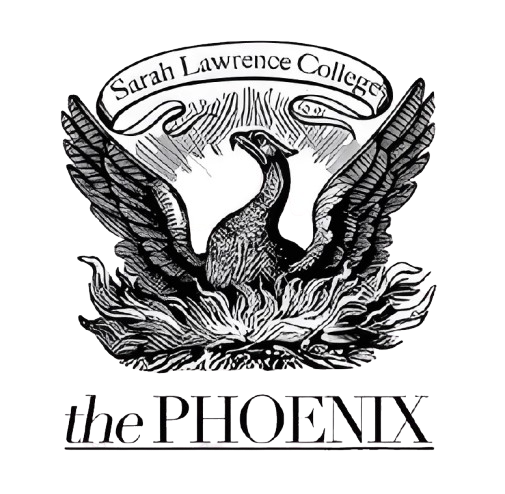School Reevaluates First Year Studies
Politics professor Sam abrams and his donees at a broadway show. Photo courtesy of the sarah lawrence website
One of Sarah Lawrence College’s distinctive features is its First-Year Studies (FYS) system. Most schools have some kind of course directed specifically at new students, typically designed to introduce them to college-level writing and academics in general. But at a school that touts itself as unique and individualized, incoming Sarah Lawrence students have a difficult transition to make compared to other collegiate institutions. As Sarah Lawrence is in a general state of self-evaluation and change, the FYS system is being reevaluated. According to Assistant Dean of the College Ron Afzal, however, this is nothing new.
“From 1936 on, the school has been debating the nature of our First-Year Studies,” Afzal said. “It’s a healthy part of a college to constantly look at itself and say, ‘are we doing the best we can do with what we have?’”
There has been disagreement in the past surrounding FYS. Faculty members disagree on the purpose of the system and how it should be run. Furthermore, it can be difficult to get professors to take up the courses. Sarah Lawrence has small academic departments and when professors take on an FYS, they have to sacrifice other potential courses. This can be a problem in certain disciplines, such as in the language departments.
Melissa Frazier is the only professor teaching Russian this year. When she is tapped to teach an FYS, a guest faculty member must be hired to teach Russian in her place.
“When I first came to the College, my faculty group was not offered the opportunity to teach First Year Studies, because we have to be replaced,” Professor Frazier said. “I can’t offer the levels of Russian, so it was very expensive to have us teach First Year Studies.”
In February, the Curriculum Committee sent out a campus-wide email regarding the reevaluation of FYS. According to the email, different administrative committees and student leadership groups were asked to discuss FYS in their regular meetings. “We are asking each of these groups to discuss FYS from the standpoint of their own raison d’etre at the College,” the email said.
Dean Afzal said that these groups are beginning to give feedback, but that it is too early to know exactly what people think about FYS. Among the faculty interviewed for this article, there is not a consensus on the purpose of an FYS, or on what can make the system better. These professors generally agreed, however, that a don and a group of like-minded first-years is a stabilizing force in the difficult transition into college.
“Those first weeks at college are difficult, I think everyone would agree,” said writing professor Jo Ann Beard. “They come with some necessary bumps and knocks as students get accustomed to their dorms, their classes, their new life. In our class, and in my previous FYS class, students really connected to one another, and spent time in class and away from class actively offering each other support.”
In cases such as Professor Beard’s, the class itself can provide a sense of community as students begin to socially navigate the Sarah Lawrence campus. However, there are sometimes unrealistic expectations about the relationship between don and donee.
“I’m really against fetishizing the don,” said Professor Frazier. “I actually think the important thing about the Sarah Lawrence system is that you should be connecting with many adults.”
For Professor Kim Ferguson, of the Psychology department, the don is first and foremost an academic advisor.
“Students' programs at SLC are very self-directed, and as such, it is important to have a supportive mentor who knows your work well - and knows you well - to help you make good decisions for your program,” Professor Ferguson said. “I don't feel strongly about the importance of being in a course with all first year students, but I do think that it is valuable to begin college with a cohort of people who you get to know well, academically and beyond. There is a lot of value in having a cohort in terms of academic success and overall well being.”
The school’s growth has been another concern for the FYS system, though Dean Afzal said Sarah Lawrence is not looking to expand significantly. Bigger incoming classes require more FYS faculty, which would either require the hiring of guest professors or overload current faculty.
“The system works when faculty have the time to fully engage in it,” Professor Ferguson said. “The challenge at the moment, I think, is that with a growing college, we are teaching FYS more frequently than in the past, and with a larger number of students.”
As with anything, problems with the FYS system do not preclude professors from enjoying them, or thinking them valuable. All of the professors interviewed for this article expressed that teaching an FYS is gratifying.
“It gives me the opportunity to get to know my donnees as whole people,” Professor Ferguson said.
Ricky Martorelli ‘19

